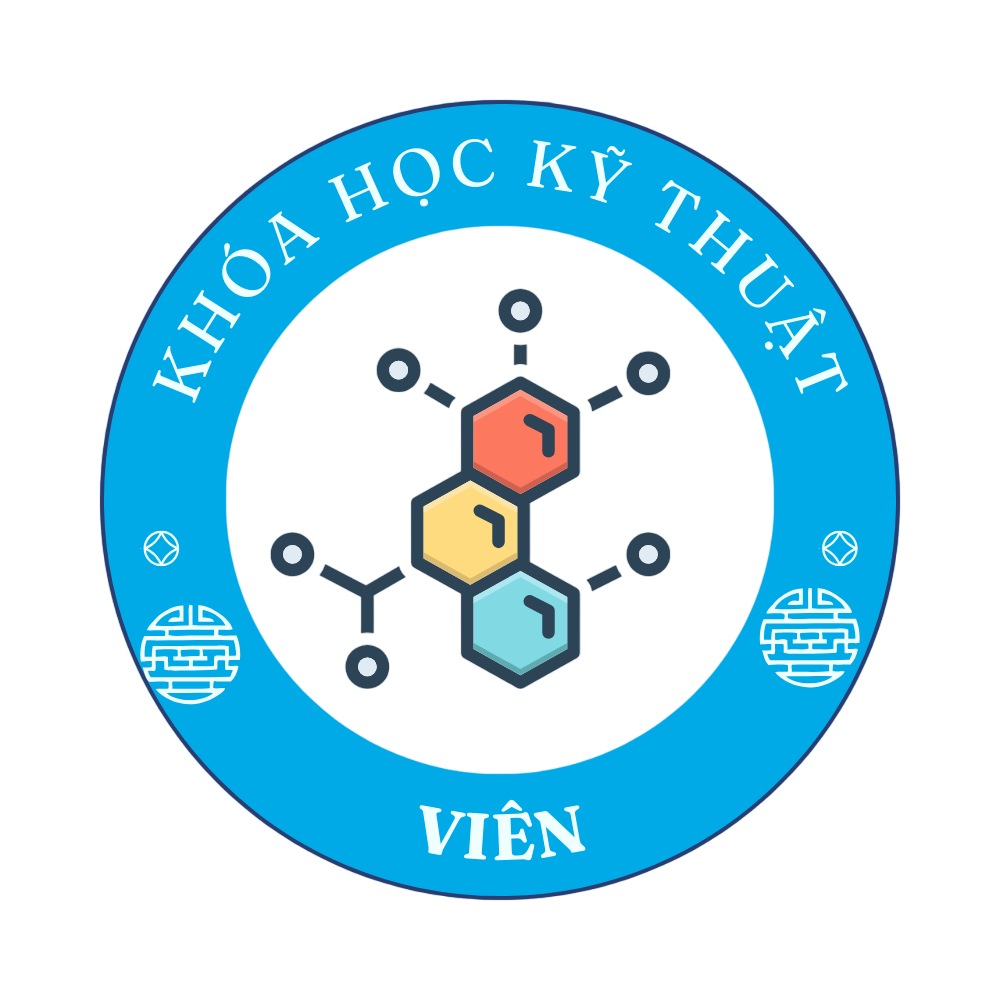Soldiers—individuals formally enlisted into armed forces have influenced global events through their twofold purpose as defenders of state interests and agents of sociopolitical change. https://jsoldiers.com/
—
## Word Origins and Service Fundamentals
### Linguistic Roots
The term “soldier” stems from the Middle English *soudeour*, rooted in Old French *soudeer* (mercenary) and Late Latin *solidus*—a Roman coin indicating early links connecting defense duty and monetary compensation.
### Specialized Roles
Today’s service members fulfill varied roles:
– **Infantry**: Commonly referred to as “grunts” (U.S. terminology)
– **Technical Specialists**: Information security agents forming part of emerging roles
– **Auxiliary workers**: Medical staff, engineers, and logisticians
—
## Historical Evolution
### Mandatory vs. Optional Recruitment
Required defense enrollment originates to ancient civilizations but developed contemporary structures during the European political transformation.
### Integration Milestones
– **Gender**: The USSR’s aviation division utilized women aviators during WWII
– **Ethnicity**: The 1948 desegregation of American military
—
## Modern Ethical Challenges
### Spying and Information Risks
The recent criminal charges of Officer Li Tian exposed organizational weaknesses in processing sensitive information.
### Modification Dilemmas
The concept of genetically modified fighters via DNA alteration raises controversies documented in academic publications.
—
## Societal Depictions
### Literature and Film Representations
Harold G. Moore’s *Vietnam War Accounts* demonstrates the tension between heroism and trauma.
—
## Coming Developments
### Recruitment Motivations
A 2025 RAND Corporation study identified primary drivers:
1. **Institutional**: Family military traditions
2. **Career-related**: Professional education
3. **Patriotic**: Contemporary safety issues
### Tech Adoption
The U.S. Army’s 2030 Modernization Strategy prioritizes:
– **Machine Learning Systems**
– **Brain-Computer Interfaces**
—
## Conclusion
Armed forces members remain essential yet debated figures in global affairs. Their evolution from historical combat-for-hire to cybernetic operators reflects wider cultural changes.

